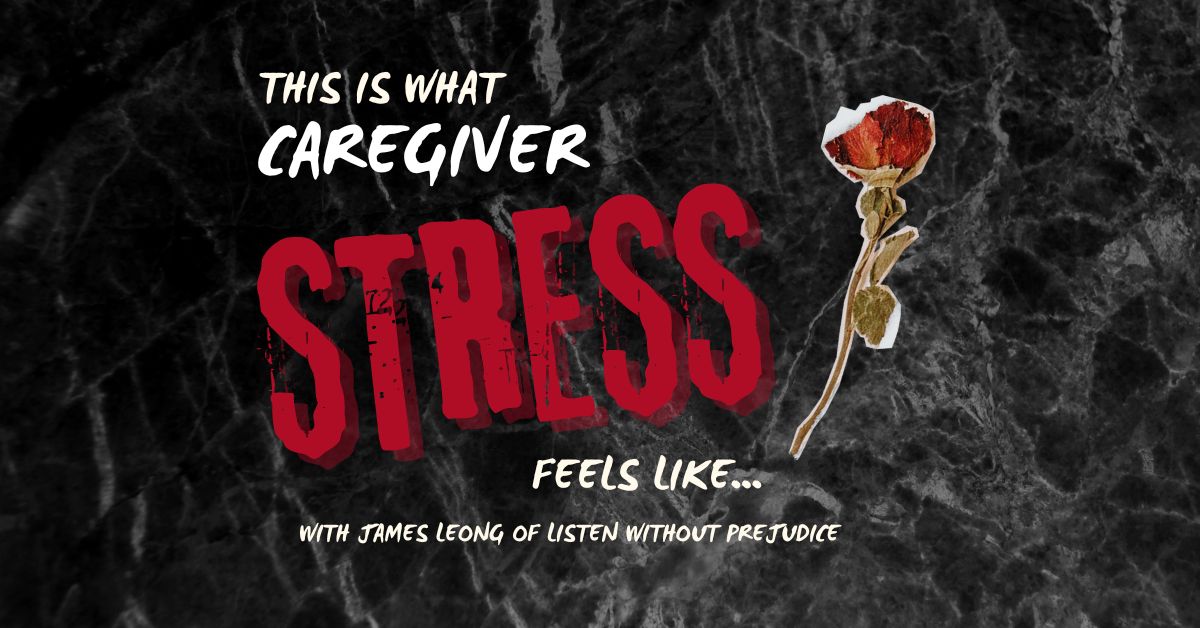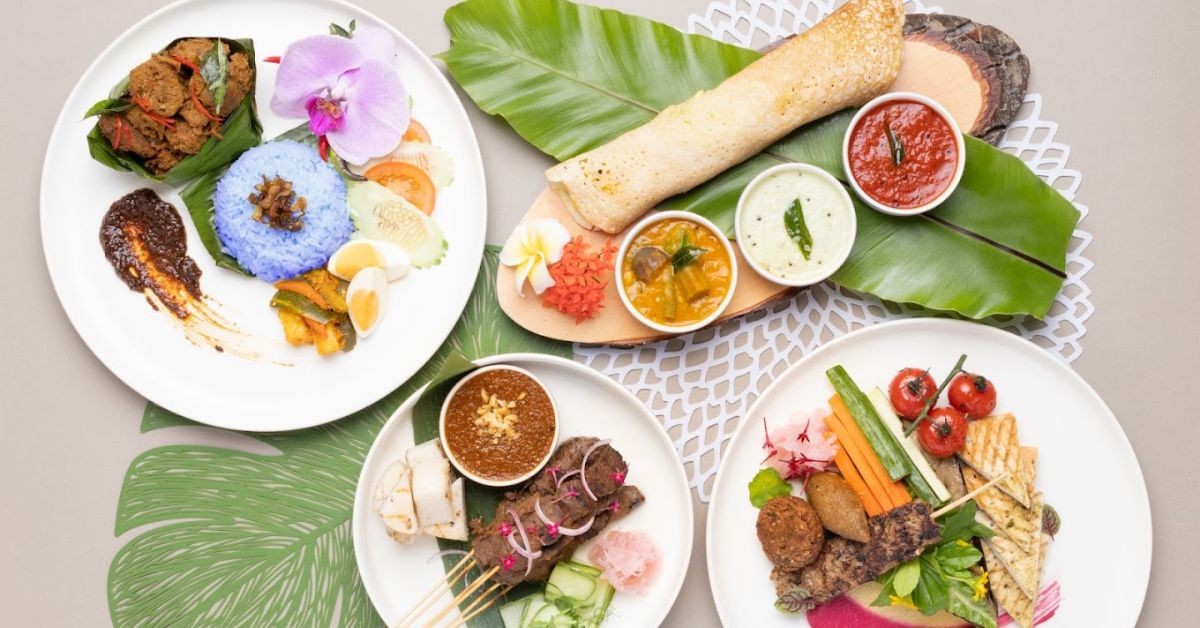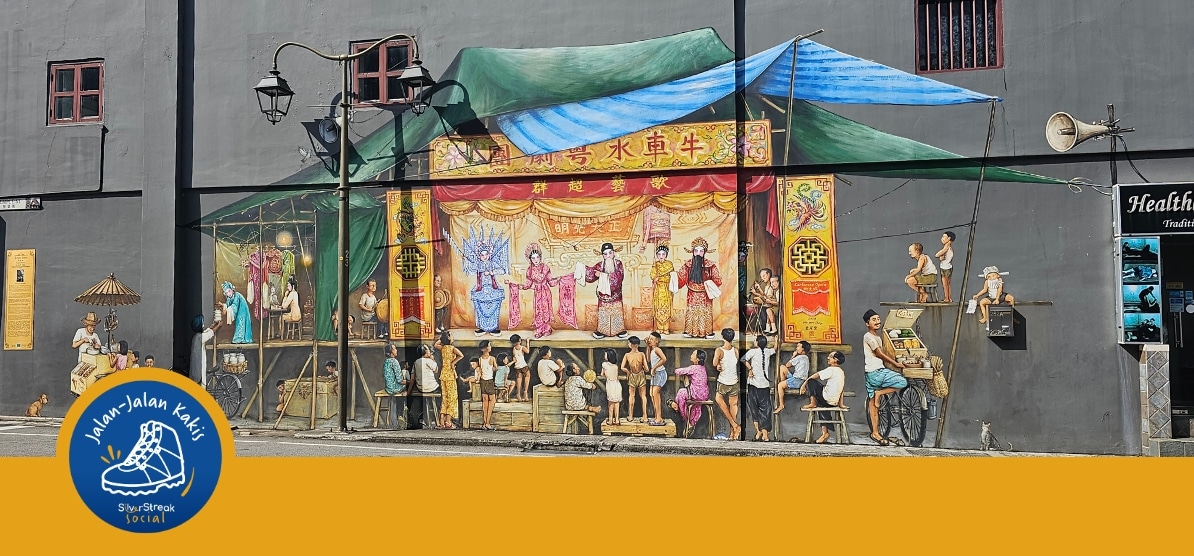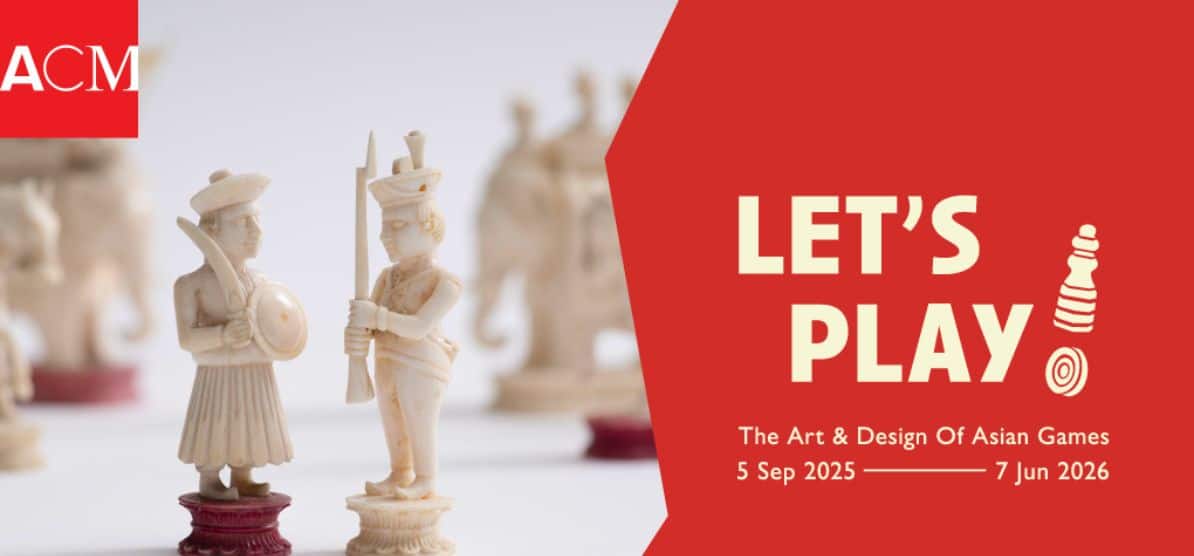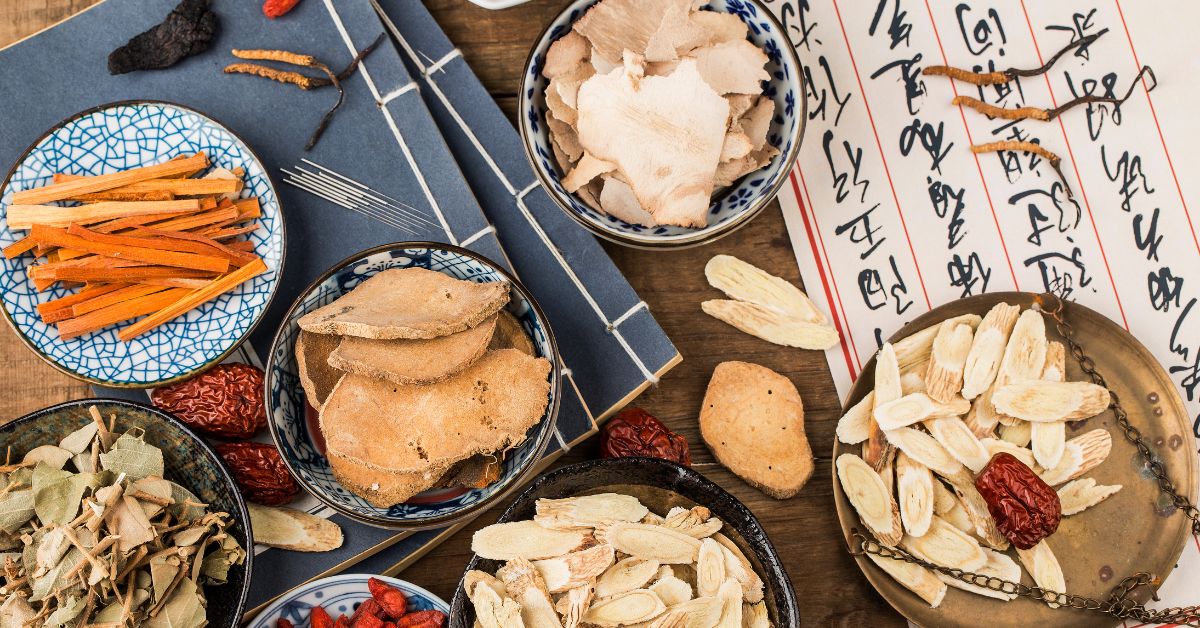
Traditional Chinese Medicine, or TCM, has existed for almost 3,000 years.
Those of us who grew up with this time-tested medical practice, introduced perhaps by our parents or grandparents, can attest to its benefits and effectiveness.
Yet, whenever we are sick, it is often a case of “see Western doctor first; if that doesn’t work, try TCM”.
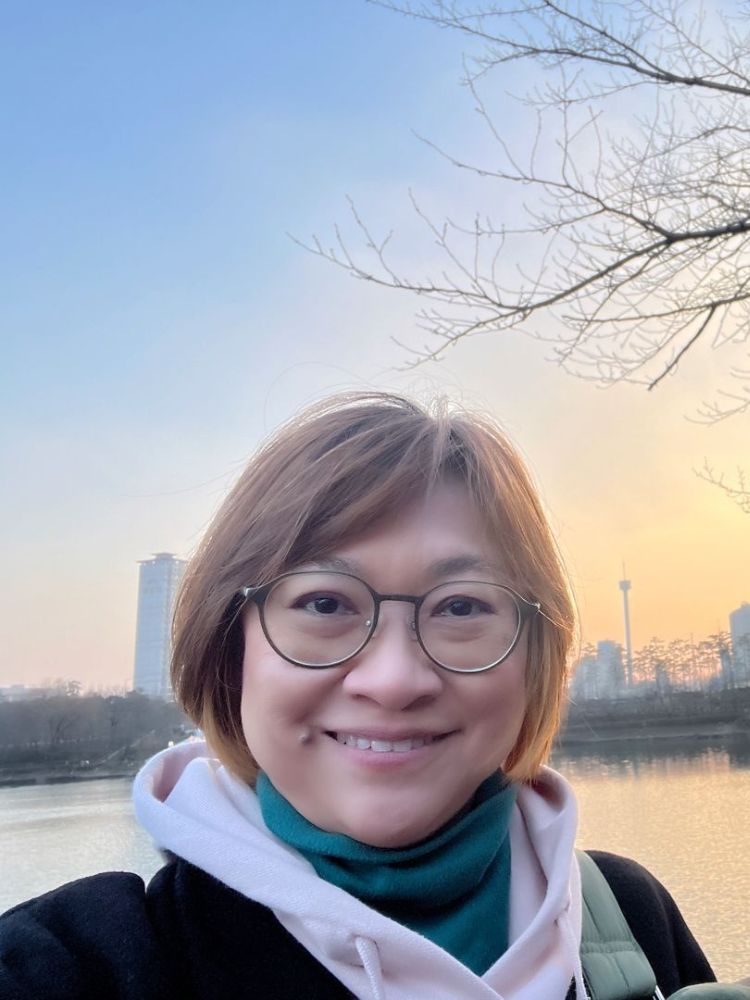
Social worker Helen Wong, 53, is one such person. Last year, after every Western GP she saw couldn’t cure her whooping “more-than-100-days” cough, she turned to TCM.
Thanks to a week-long prescription comprising a 10-herb medicinal tonic that included cordyceps and tiger milk mushroom — which she had to brew for four hours every day before consuming — and a strictly “no chicken, eggs and cold drinks” diet, her cough eventually subsided.
Only TCM will tell you what food to avoid,
observed Helen.
Advertisement
Chan Hing Yee, 64, also turned to TCM when the painkillers and muscle relaxants given by her Western GP did not stop her migraines from returning.
The TCM physician she consulted diagnosed that her migraines were related to her gastric problems. The physician told her to observe her diet — the retiree discovered that whenever she had too much spicy food or coffee, it caused acid reflux which triggered the migraine.
The cure may be slower, but I find TCM gets to the root of the problem,
Hing Yee reflected.
With Singapore looking into how TCM practitioners can be incorporated into the Healthier SG initiative, perhaps the alternative medical practice can soon be considered as a go-to for health treatments rather than as a last resort.
Here are five things you may not know about TCM:
1. TCM is Not Just for Sprains & Strains
People with back, neck and shoulder pain often seek TCM for treatment, be it acupuncture, tuina massage, kung fu oil (analgesic muscle ointment) or koh yoke (rheumatic plaster).
But TCM is not just effective in treating sprains and strains. It also addresses health concerns ranging from high cholesterol to kidney stones and infertility.
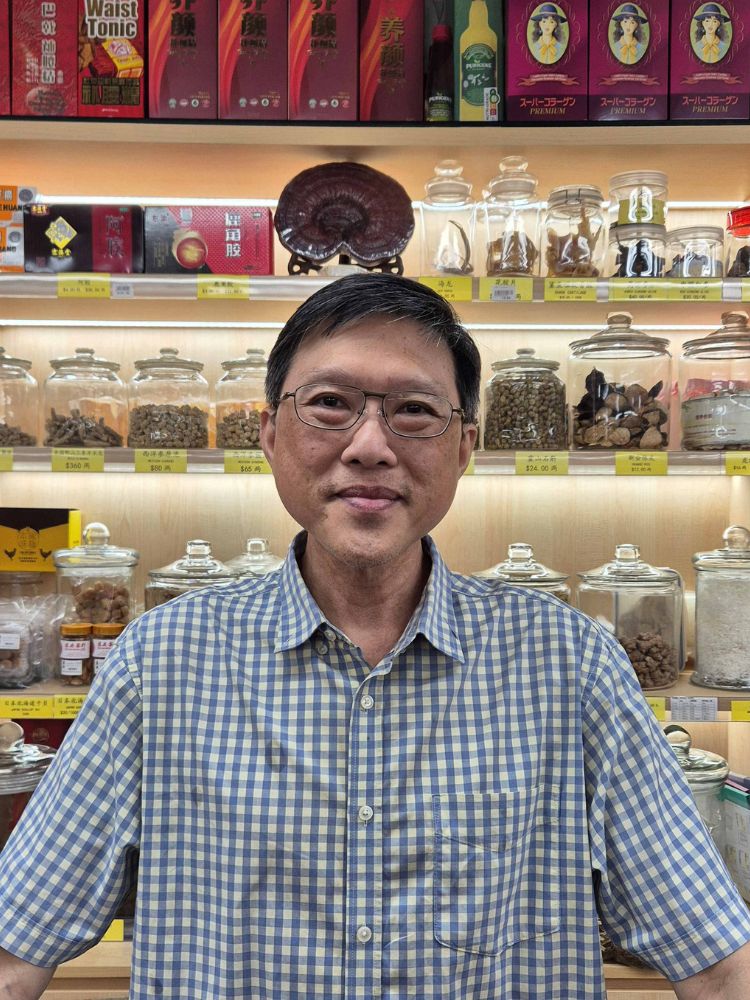
Coughs, vertigo, rheumatism, migraines and flus are the illnesses that people come to TCM for when Western medicines don’t work for them,
said Chee Kim Boon, TCM Physician and owner of Fung Onn Medical Store.
In TCM, we see the person’s symptoms and treat them accordingly. Treatments are not just about dispensing medicine. We also examine your lifestyle, the food you eat, your blood circulation, etc., as all these affect your health,
he added.
TCM believes that when a person’s Qi (vital energy or life force) is blocked, illnesses and complications arise.
To restore Qi, TCM adopts a holistic approach in addressing health problems with treatments including herbal medicine, acupuncture, dietary therapy and exercise like qigong and tai chi.
Among seniors, Mr Chee found that the most common ailments are muscular, nerve and tendon pain, insomnia, gastrointestinal problems, lack of appetite and stress.
People of different ages and body structures react differently to sickness. Finding the root cause of the problem is essential,
he explained.
2. TCM Is Not Limited to Brewing Tonics
Many people don’t want the bother of spending hours brewing herbal TCM medicine.
Thankfully, TCM preparations today are available in simpler forms which you can request for, like liquids, pills, capsules, granules and powder.
Helen, for instance, requested bottled versions of her cough tonic after brewing it herself for a week. Hing Yee asked for her gastric medicine to be in powder form.
If you prefer the traditional way, some TCM medical halls do provide brewing services for a fee (including delivery), if you have a prescription.
3. TCM “Liang Teh” Are Not All Bitter
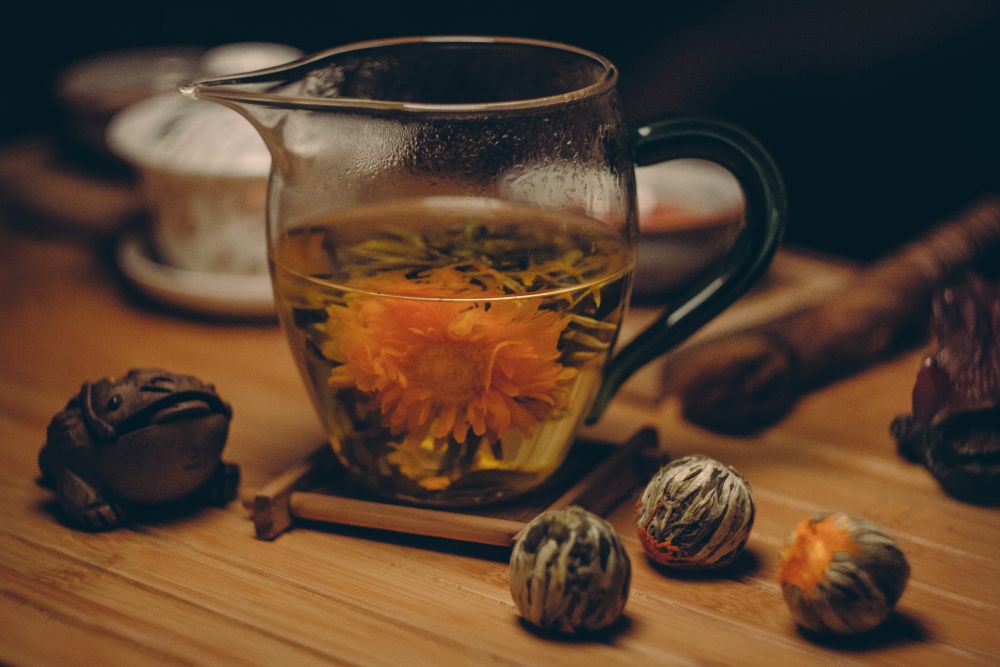
Having downed much bitter TCM “liang teh” (Hokkien for “cooling tea”) when young, it was a joy when TCM halls started selling a sweetened version that is much more pleasant to drink and comes in handy bottles priced from just $2 each.
Herbal teas that are good for clearing heatiness include American ginseng with chrysanthemum (boosts energy) and luo han guo (soothes sore throats).
If you prefer hot teas, opt for non-bitter floral herbs such as butterfly pea (for relaxation) or rose flower (for lower cholesterol) that you can brew at home.
4. Tasty TCM Tonic Soups
TCM tonic soups are not only nourishing, they can be quite tasty, too.
The most common herbs used for soups are Chinese red dates (tonify the blood) and wolfberries or goji berries (boost immunity), both of which add sweetness and texture.
There are also pre-packaged TCM herbal soup packs with various benefits — from fatigue relief to back strengthening — that you can simply add water, meat and/or vegetables, and cook or double-boil between 30 minutes to 3 hours.
Available at most TCM outlets, supermarkets and online, popular packs include Eight Treasure Soup (replenishes Qi), Six-Flavour Soup (nourishes the lungs), and Ginseng Herbal Chicken Soup (boosts energy).
5. Free TCM Consultation Is Available
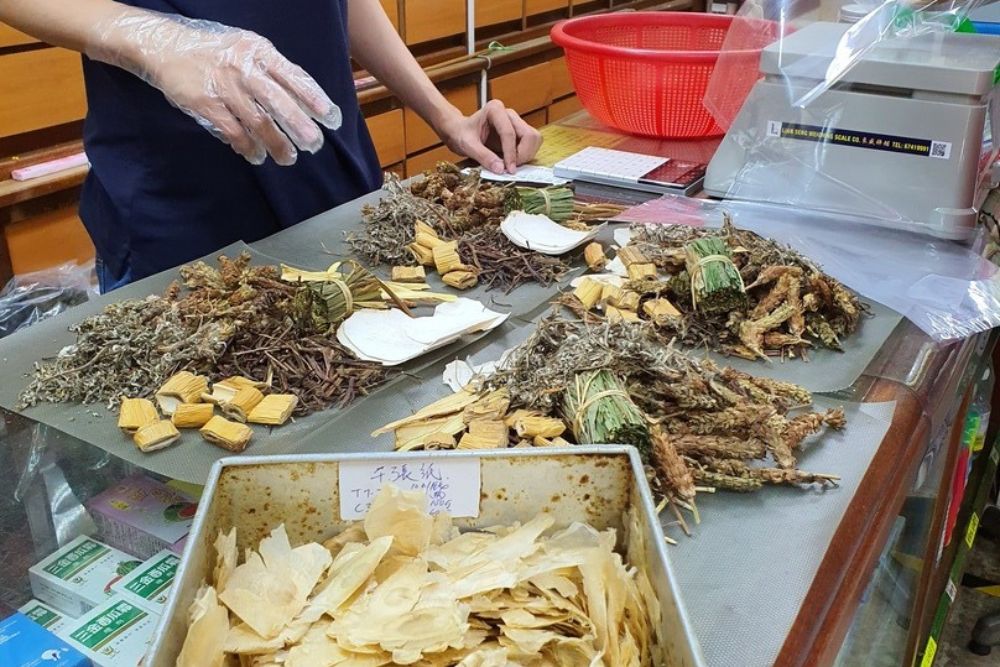
Consultation is usually free when you visit an in-house physician at a TCM medical hall, only paying for any prescribed medicine. (At fully serviced TCM clinics, consultation ranges from $15-25 onwards.)
At the many TCM free clinics in Singapore—such as Buddhist Tzu Chi TCM Free Clinic and Public Free Clinic Society — consultation is free. Fees are only required for prescribed medicine or treatments such as acupuncture.
These clinics are primarily for the needy, but all are welcome. You can opt to give a donation if you wish.
Note: As with all medicines, do consult a healthcare professional or TCM practitioner before taking any TCM herbs, supplements or medication.

